October 2017
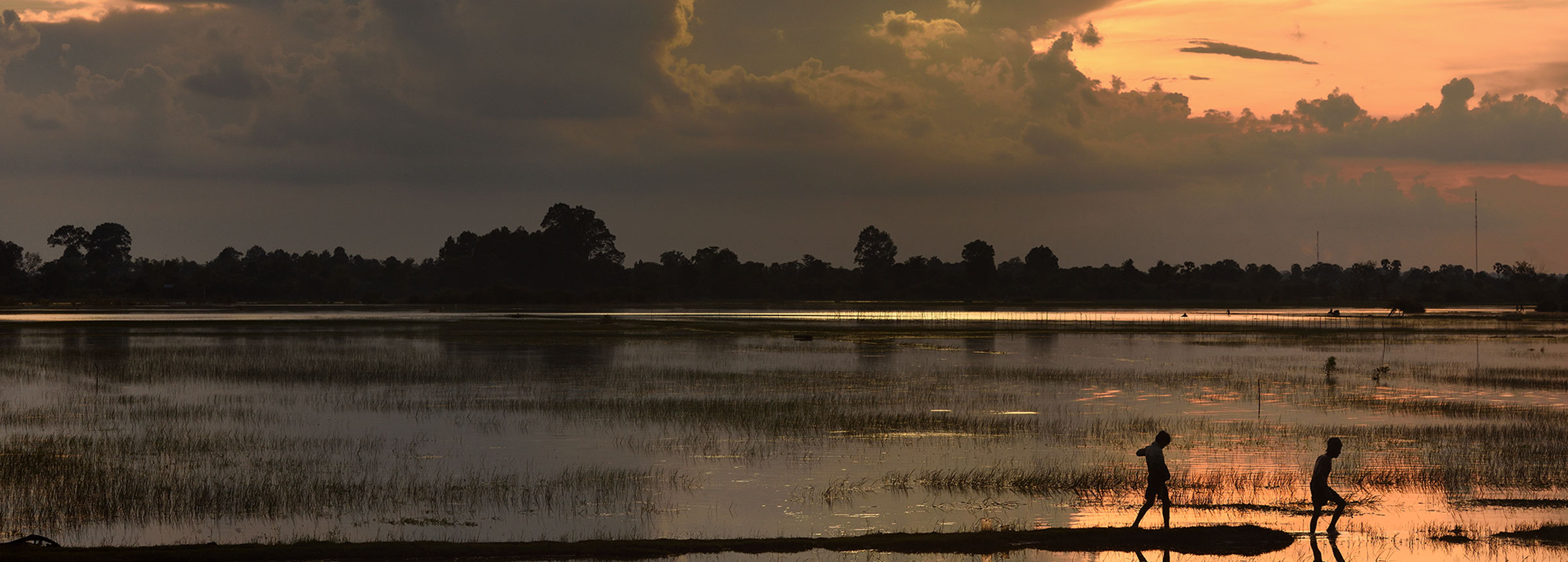
Free Guidebook Highlights Significant Plants in Cambodia’s Sandan Region
October 26, 2017
LITTLE ROCK, Ark. – October 23, 2017 – The USAID Supporting Forests and Biodiversity (SFB) project, implemented by Winrock International, recently compiled a guidebook of culturally significant plant species found in the community forests of Kampong Thom Province, Cambodia. Following a similar format to the project’s previous guide “Birds in Sandan,” the book presents short profiles of more […]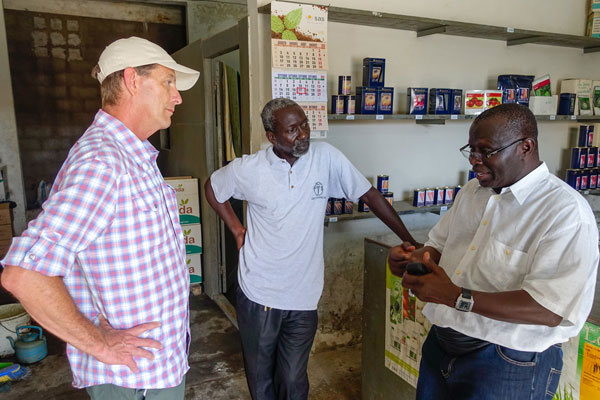
Branching Out with Farmer-to-Farmer
October 26, 2017
Ples Spradley has deep Arkansas roots. Seven generations of his family have lived in the state, a line stretching all the way back to 1842. An associate professor at the University of Arkansas, Division of Agriculture, Spradley still lives in his hometown of Little Rock, growing blueberries and pecans on a farm with his wife. […]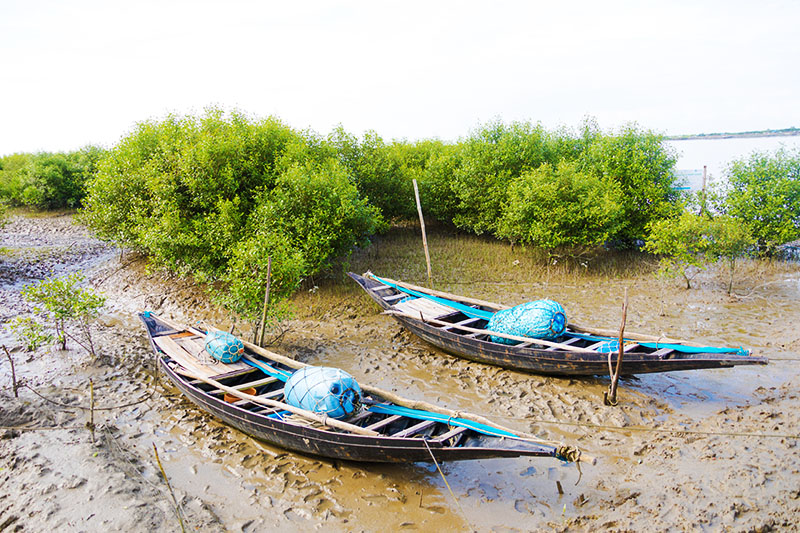
Seeds of Hope in Bangladesh
October 19, 2017
Southwest Bangladesh is a watery world. Houses perch on steep river banks. Storms pummel fragile coastlines. It’s hard not to see this starkly beautiful place as engaged in a battle between water and land — with the water winning. But the land has a new ally, a living hem of mangrove forests made possible by […]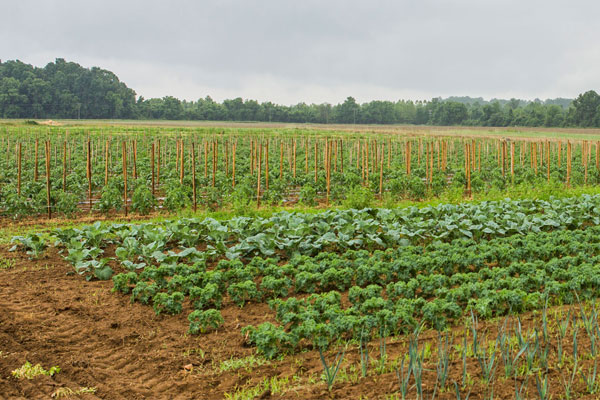
Feeding the People
October 16, 2017
By John Fisk, Director, Wallace Center at Winrock International October 16 is World Food Day. What does that mean, you ask? It means too many people in the world still deal with hunger and extreme nutritional deficiency. It means we must still pay attention and seek solutions. In her seminal book Diet for a Small Planet, […]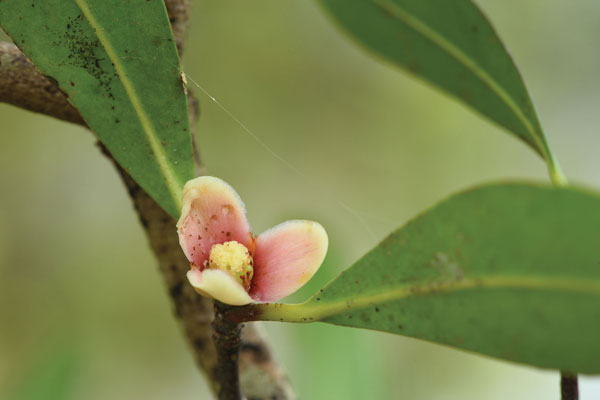
Planting Interest in Ecotourism
October 16, 2017
In the lush Sandan District of Cambodia’s Kampong Thom Province, plants run wild. The region’s mosaic of different habitats — dense evergreen forests, important riparian buffer zones, cultivated land, seasonally flooded farmland — provides a diverse sampling of plant species and functions. Local communities use local flora as food, medicine and building material, while several […]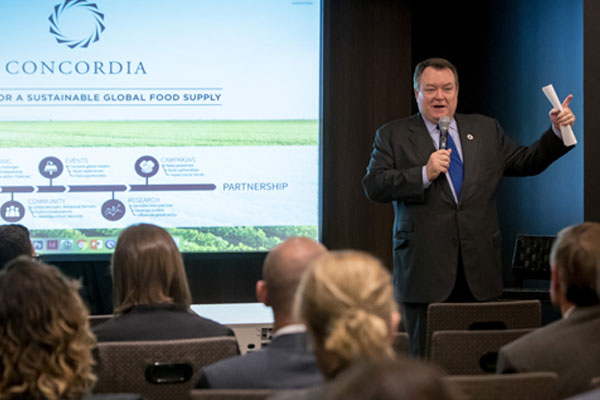
Rodney Ferguson Speaks at Concordia Film Premiere: Campaign for a Sustainable Global Food Supply
October 9, 2017
President and CEO Rodney Ferguson delivered remarks at the film premiere of the Concordia Campaign for a Sustainable Global Food Supply, which features Winrock’s Wallace Center and Wallace Center Director Dr. John Fisk. “Winrock supports sustainable agriculture in the United States. We have commodity support programs, technical assistance programs all over the world. We also have thriving […]
Winrock And Concordia Confront Global Challenges At 2017 Summit
October 9, 2017
Winrock President and CEO Rodney Ferguson and other Winrock leaders were among the 3,300 delegates attending the 2017 Concordia Summit , a gathering of leaders and innovators from across governments, sectors and the world. “Winrock’s thought leadership is well represented at the 2017 Concordia Summit with our partnerships on the Campaign Against Labor Trafficking and the […]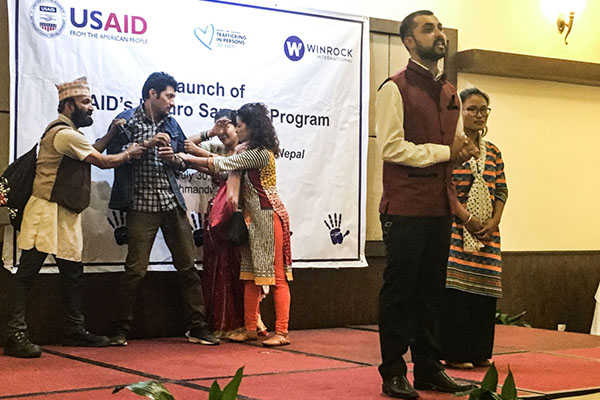
Winrock & USAID Launch Program to Fight Human Trafficking in Nepal
October 9, 2017
Hamro Samman is a five-year, USAID-supported program to counter trafficking-in-persons in Nepal through strengthened national and local government efforts to combat trafficking; improved civil society advocacy and engagement, and increased private sector partnerships to empower trafficking survivors and prevent trafficking of at-risk populations. On July 30, World Day Against #HumanTrafficking, Winrock & @USAID will launch […]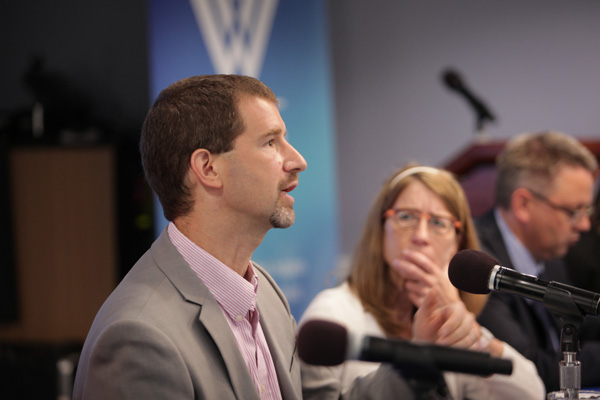
The Challenge of Too Little Water
October 2, 2017
There’s a hum in the air, an audible energy, as more than 60 water experts, practitioners and stakeholders take their seats at Washington D.C.’s Wilson Center on September 26. They’ve come for the first installment of SWP’s “Sustainable Water, Resilient Communities” series. In the words of Winrock President and CEO Rodney Ferguson, everyone present shares […]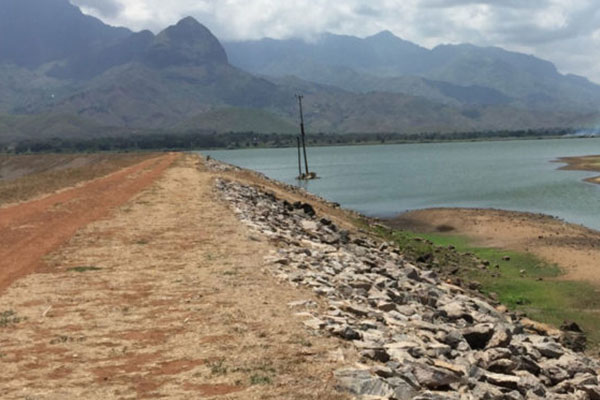
In Cities, Water Security is a WASH Issue
October 1, 2017
Over a long weekend in September, Dar es Salaam suffered a water shortage, causing residents to store water in tanks or buy more expensive bottled water for drinking and cooking. When the water came back on, people living close to the water main used up all the available pressure to refill their tanks, leaving those […]